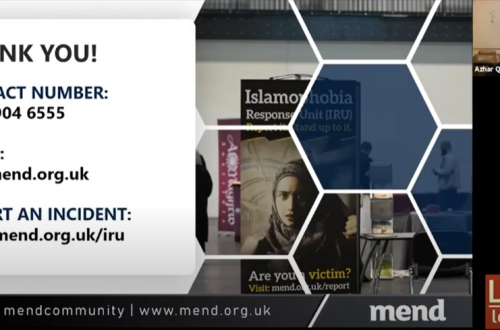I find that confused is a pretty rational reaction to most things in life. I suspect the people who are not generally confused by life haven’t been paying attention.
Fair enough. But Fraser goes on argue that science is a restrictive way of closing down confusion, and the anxieties it generates, asserting that we are:
easily tempted to subscribe to any sort of explanation of things, so long as it regulates confusion and thus diminishes the anxiety.
It seems bizarre to argue, as Fraser does, that ‘scientific atheism’ seeks to put ‘everything neatly into its ontological place’, creating a ‘smaller, diminished world’. In a sense this is true – science does seek to order and classify the things around us. But religion also represents an attempt to shape and explain the world, and it could be argued that it closes down possibilities much more finally than science, which is open to challenge and correction.
Fraser goes on to explain that he wants to defend “puzzlement, wonder and adventurous curiosity.” But all these qualities are readily associated with science. Puzzlement and adventurous curiosity most obviously so perhaps, but quantum entanglement is just one phenomenon which might inspire feelings of wonder.
I’m not hostile to religion – it clearly has its own excellent mechanisms for generating wonder – but it could be seen as a still more tempting proposition than science for those seeking for “any sort of explanation of things, so long as it regulates confusion and thus diminishes the anxiety.”


